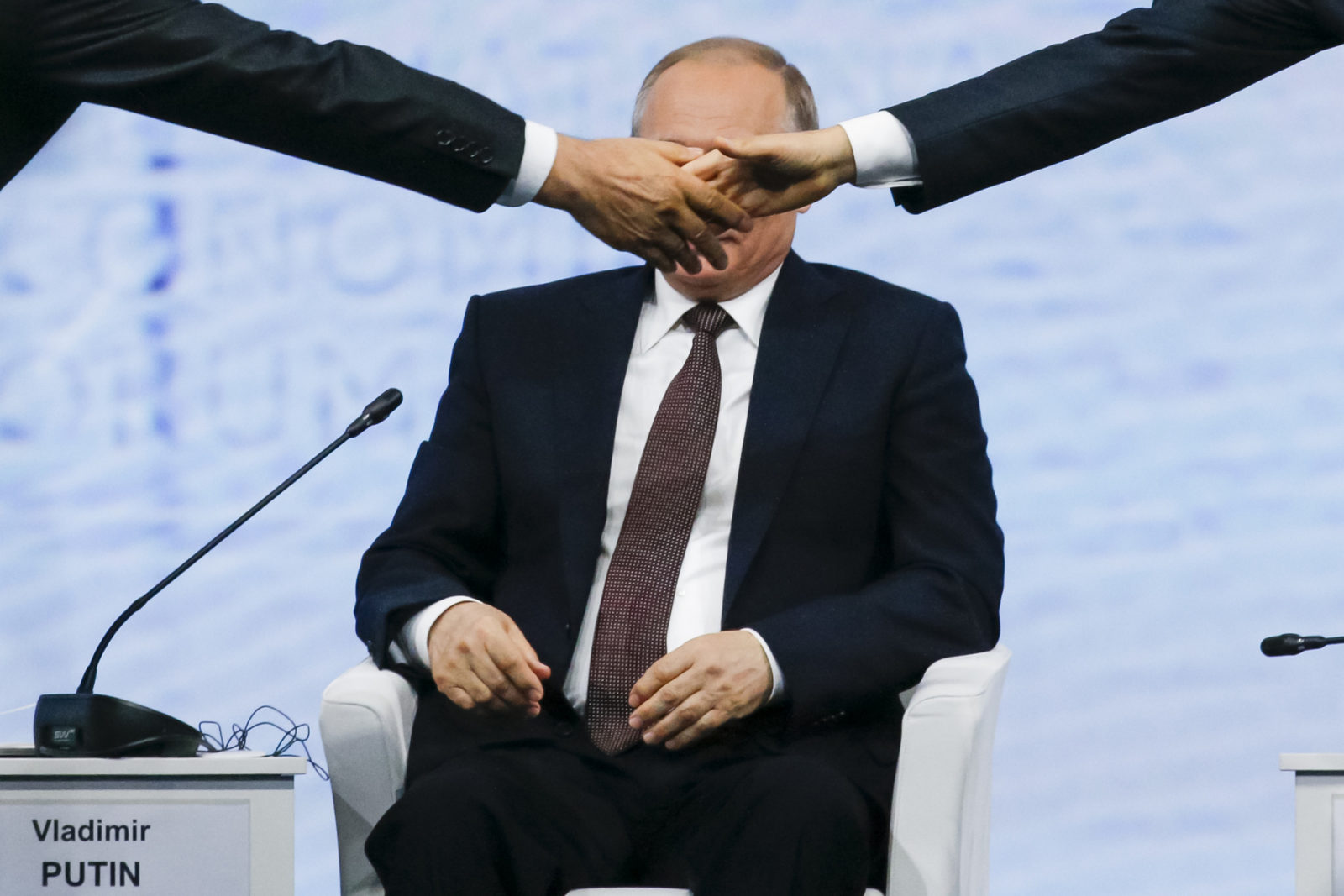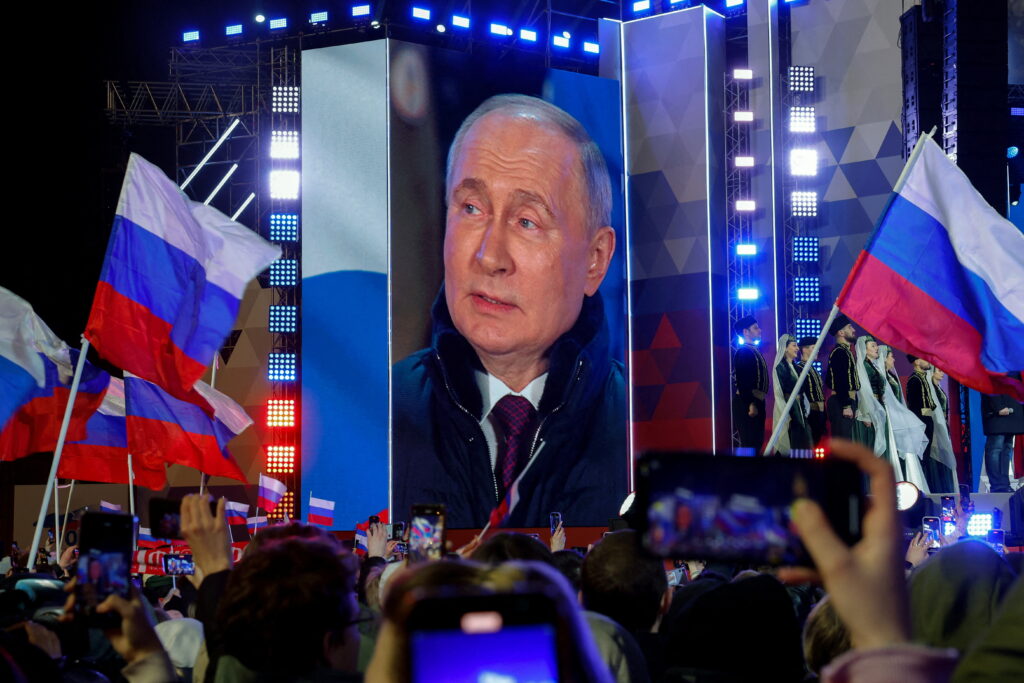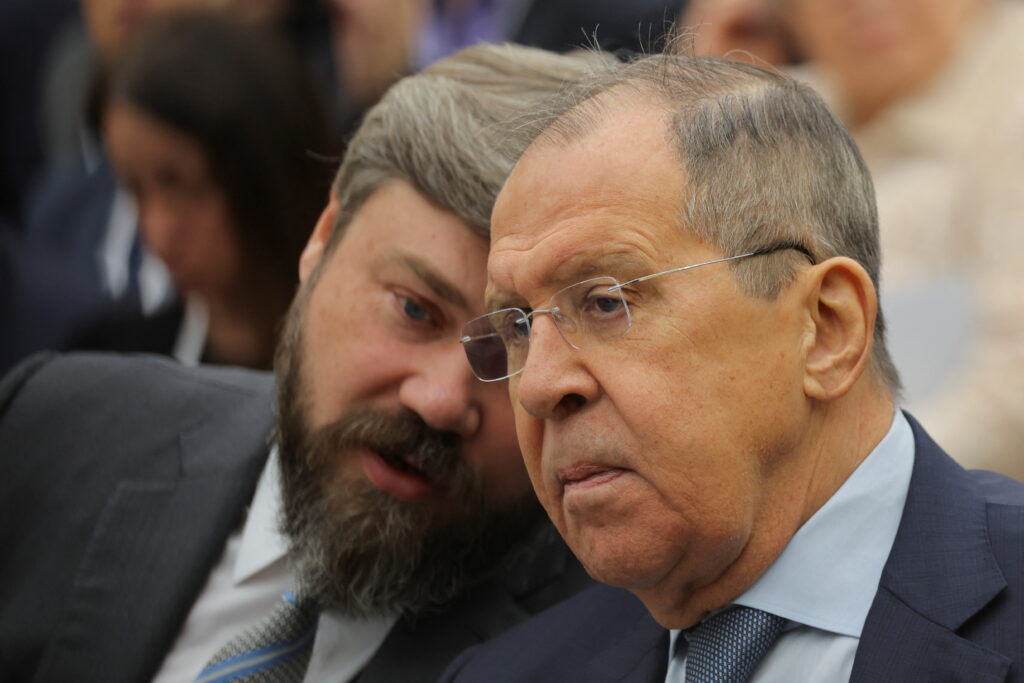In recent years, there have been quite a few academic studies of power transition scenarios in long-lasting personalist regimes. More than 200 post-1945 dictatorships have been analysed. The objective is to examine the role of various institutions in the transition of power. The consequences are compared: what is the nature of transition when the regime changes during the lifetime of the leader? And after his death?
As we know, a long-lasting dictatorship eventually brings societal expectations of a leader’s death. Anxiety starts to rise among the elites and rumors begin to swirl. Many of the changes awaited by large social groups get pushed back to an imagined point beyond the head of state’s demise. Dissonant expectations and a general fear of destabilisation take root. During the dictator’s lifetime, the most incredible ideas about the transformation are voiced. Beyond the threshold of his reign there lies a future which is undefined.
However, a large array of comparative data about the 20th century can help narrow options. There are, in fact, not so many scenarios and configurations of the transition of power. Let us detail those below to help analyse and anticipate what might happen in the event of a sudden death of Vladimir Putin. The analysis of such a situation, whether it happens tomorrow or in 20 years, allows us to simulate the circumstances of a hypothetical transfer of power in Russia.
Snap election
In the event of the death of the president or his inability to fulfil his duties, presidential powers are temporarily transferred to the head of the government. According to the Constitution, an election should be called within 90 days. The prime minister, as a member of the Security Council (SC), will fulfil his interim duties and convene SC meetings. This means SC members automatically become key figures in the transition. The centre of gravity shifts from the government to the Security Council, which takes over leadership.
SC members will no doubt try to ensure a constitutional transfer of power to guarantee stability. It is hard to imagine any individual group would resort to an unconstitutional seizure of power; it would be difficult to legitimise the coup. Second, the security agencies are so diversified that political control over one of them does not guarantee stability of power.
Successor
Regime stakeholders will have to agree on a candidate and inform Russia and the international community. They have to react quickly; any lingering ambiguity threatens stability.
Stakeholders
Who is going to decide on the agreed successor? If the Russian leader dies next Sunday (as it is usually put in sociological surveys), the decision would be made by regime stakeholders. They can be divided into three groups from the point of view of their leverage.
The most influential group is certain SC members. These include the prime minister, security bloc leaders (Naryshkin, Bortnikov, Shoygu, Kolokoltsev and General Ivanov), heads of certain corporations – Chemezov (Rostec), Sechin (Rosneft), Shuvalov (VEB); the group also includes Kovalchuk, Timchenko, Rotenberg and Sobyanin, who are historically close to Putin.
The second group of stakeholders is closely related to the former, but voices of this tier will be softer. This milieu comprises Central Bank Governor Nabiullina, head of the Accounts Chamber Kudrin, the top 20 wealthiest people on the Russian Forbes list (apart from Timchenko, who ranks 5th but is a member of the most influential group of stakeholders).
The third group comprises influential political managers, such as Vaino, Volodin, Kiriyenko, Beglov, Gromov and Lavrov.
Clearly, the decision-making mechanism will cascade down from the top tier. Members of the most influential group will take into account the opinions of the lower two tiers. Anyone below the third tier, including federal and regional administrations, will have to just agree. It should be borne in mind that top administrators at the federal and regional level have their patrons among the heavyweights from the upper three tiers, which will ensure stability of the consensus choice.
Media
The political role of the media will be vital in these 90 days. Undoubtedly, media outlets will disorient society with unconfirmed reports of consensus on the successor.
Despite labels such as “Kremlin media” or “Kremlin propaganda”, which imply a high degree of consolidation, the real situation is not so simple. Gromov and Kiriyenko’s control over the media is limited. In Russia, media holdings cater to the interests of their owners. They have their own biographical and institutional ties to Putin.
In an emergency situation, media holding owners will cater not only to the interests of political managers from the presidential administration. They will also channel efforts directly to the interests of the top tier of stakeholders.
Media coverage comes from powerful content-producing machinery. This machinery comprises 1) nationwide TV channels; 2) large news agencies and newsrooms; 3) search and email services, news generators; 4) partisan media – popular YouTubers, Telegram channels (the regime has failed to effectively suppress free partisan commentary). Popular outlets in each of the four groups are subordinated to different stakeholders.
Two other significant factors should be taken into account: 1) line editors in contemporary media outlets are poorly trained; 2) media outlets work poorly and slowly in an emergency situation, which usually increases uncertainty.
Who then?
Putting aside detailed analysis, one can speculate that only Sobyanin, Kudrin, Chemezov, Shuvalov and Medvedev can be consensus candidates. Clearly a consensus cannot be reached over influential and frequently mentioned persona such as Sechin, Kadyrov or Shoygu.
The consensus successor must meet important criteria. S/he should be an A-class official with an extensive knowledge of macroeconomics. They must be capable of representing Russia abroad. They must be completely loyal to Putin’s legacy. They must be accepted by Putin’s entire milieu. And they need to be electorally acceptable for at least 30% of voters, and in general symbolising a stable continuation of Putin’s policy.
Obviously, during his lifetime, Putin can pass on power to a little-known aspiring politician, one of the young regional governors. Just like Yeltsin made Putin his successor. However, in a crisis, this would be impossible.
Debate
Putin’s death would cause nationwide mourning. All executive and legislative bodies will be involved.
Similarly to the demises of other leaders in authoritarian regimes, we will see key stakeholders on TV during the funeral since they will use these events to present their gravitas.
The three months before legitimisation of a new president by general election will be filled with instances of public assessment of Putin’s rule. The contest of Russian and international viewpoints will influence the successor’s agenda.
There will be heated debates over which part of Putin’s legacy should be positively assessed and become the focal point of the successor’s policy. In a crisis, top stakeholders will have to efficiently profile all the interpretations. And they will do so in line with their political framework and immediately block manifestations of ‘dangerous, provocative, unsuitable’ behaviour by media outlets.
Kremlin coffers
Kremlin coffers comprise the entire budget of the Russian Federation, shadow reserves (Putin’s and his cronies’ pooled cash fund) and informal receivables from wealthy owners.
The transfer of power is primarily the transfer of control over a gigantic, ramified system of diverfied Kremlin-controlled funds. To put it figuratively, this is about who has access to ‘Putin’s notebook’, i.e. records of who keeps what assets and where. The consensus candidate must inherit the notebook.
Clearly, the FSB leadership and some stakeholders do have some idea about the whereabouts of these assets. However, there is no guarantee the money is safe unless there is a legitimate heir who is entitled to manage it. Some of the asset holders will feel relieved from their obligations, since it will be difficult to prove their liabilities.
It is easy to imagine the clash of interests of the FSB, financial groups, individuals etc. who know the assets’ origins.
It is difficult to assess the value of Putin’s personal reserve fund. Experts’ estimates ranging from $800 billion to $1.3 trillion refer to all investments made by Russians abroad during the era of Putinism. But this is not Putin’s personal reserve fund. Still, these are huge sums of money, tens of billions of dollars, and many will fight for them.
Opposition
Opposition political groups (above all, Navalny and his supporters) will face the question: what strategy to follow for a snap election in an emergency situation?
Against the backdrop of nationwide mourning and mobilisation of police forces, the success of mass street protests is very doubtful.
The lawfulness of the Russian opposition and its commitment to peaceful forms of protest will result in a decision to launch a campaign after the announcement of the election. The goal of Navalny and other opposition groups is to demand a fair election with the participation of Navalny and another two or three independent candidates. However, by that time a consensus about a successor will have been reached.
Most probably, stakeholders will act even more decisively than during the transfer of power from Putin to Medvedev in 2008. None of the candidates creating a hypothetical threat of a second round will be admitted. Moreover, this will be done with a large safety margin; no more than three, highly unpopular candidates will be allowed.
The US, EU and international community
Obviously, under existing conditions no external actors can significantly influence the choice of successor. None of the parties will seek direct support from Washington during the 90 days. At the same time, any consensus candidate will be accepted by the world community. After all, they guarantee control over nuclear weapons and the preservation of peace in the Russian Federation.
Copycat
Clearly, after Putin’s death, any leader of Russia who will continue Putin’s agenda and remain loyal to Putinism will be on the losing side.
The history of power shifts has shown that the same political approach — a focus on militarism, an opportunist policy in international affairs, anticipation of the upcoming change in the world order etc. — is much more difficult for the successor. Lacking Putin’s charisma and political history, the successor will inevitably lose popular support.
The paradox is that political succession is inevitable. But comparison with the original will work against the successor.
*the text is based on a revised portion of the author’s section in the Russia-2035 English-language report prepared by the Free Russia Foundation in April 2019










